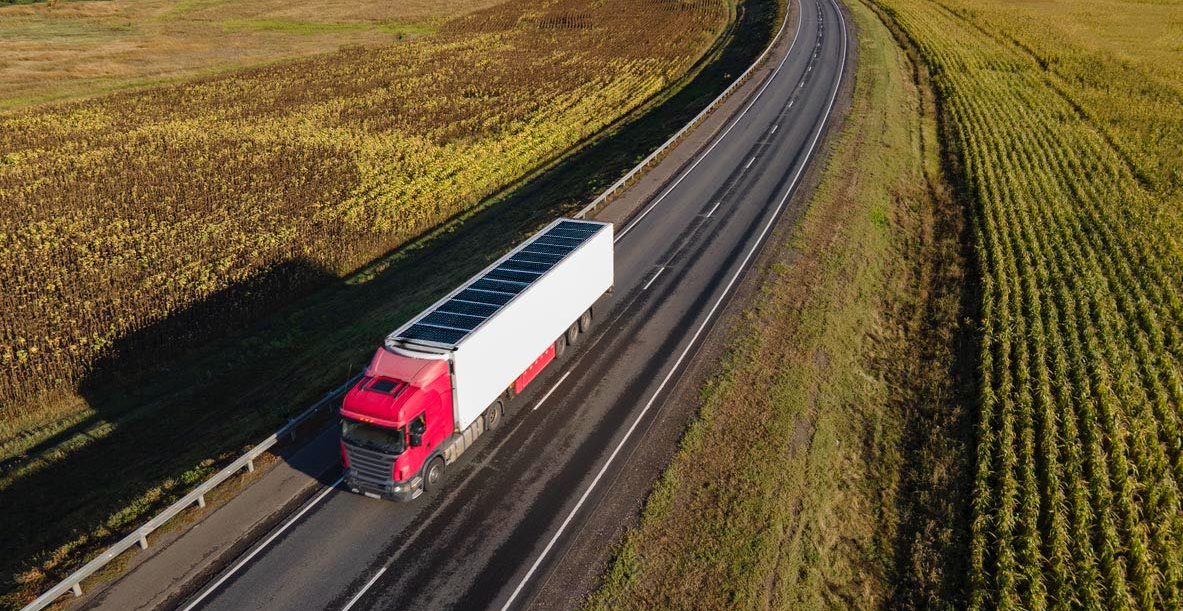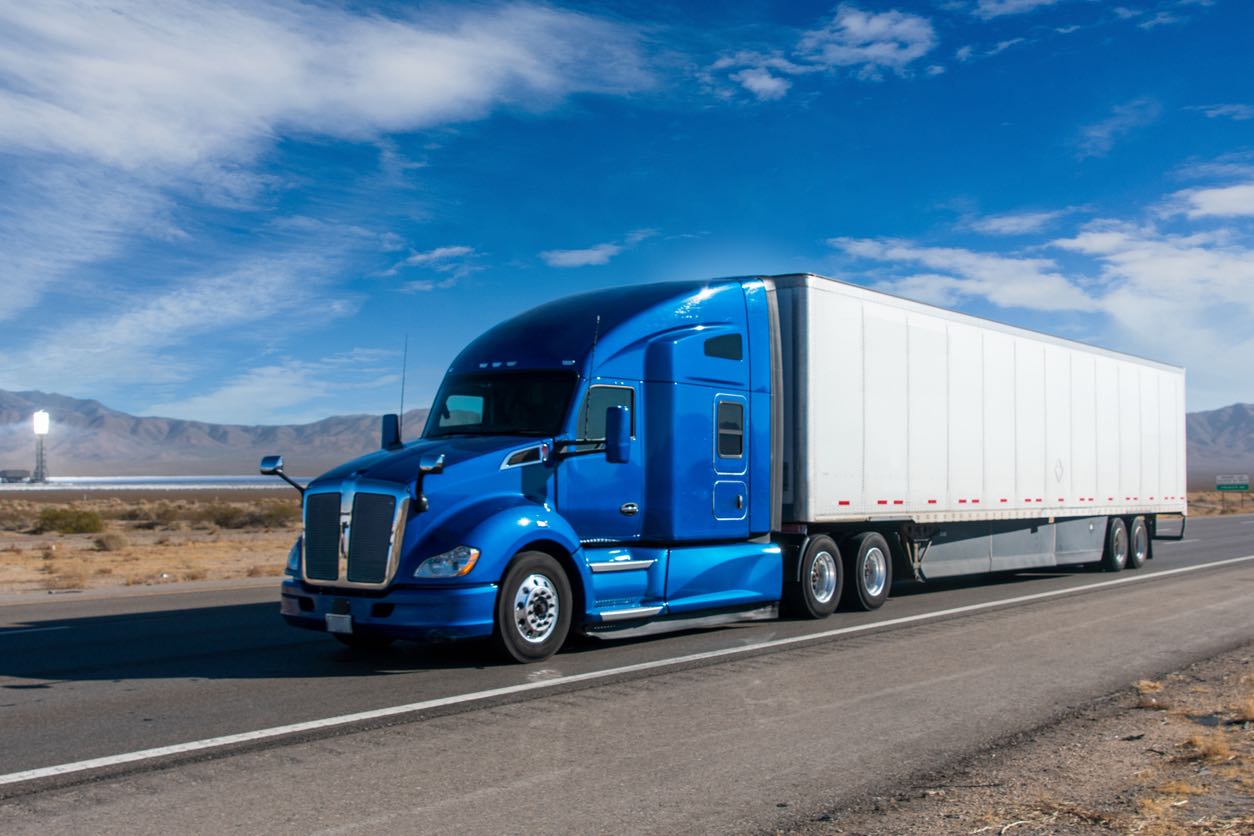The quest for sustainable solutions in refrigerated transport has gained unprecedented momentum, particularly as the industry grapples with the pressing need to reduce emissions. A groundbreaking collaboration between Wabash, a leading semi-trailer manufacturer, and the University of Delaware is poised to transform the landscape of refrigerated logistics. By harnessing cutting-edge technologies, this partnership aims to make solar-powered reefers not only feasible but financially practical, ultimately contributing to a greener future.

EcoNex Technology: A Game-Changer in Thermal Efficiency
At the heart of this innovation lies Wabash’s EcoNex Technology, which introduces lightweight thermal insulation panels designed to enhance thermal efficiency. By reducing the overall weight of refrigerated trailers, this technology is pivotal in minimizing energy consumption. Lightweight materials not only contribute to the sustainability of the vehicles but also improve their performance on the road.
The Strength of TuFF Technology
Complementing EcoNex is the revolutionary Tailored universal Feedstock for Forming (TuFF), which has been hailed as the world’s strongest short fiber composite. This advanced material significantly reduces the weight of trailers and truck bodies while maintaining structural integrity. The combination of EcoNex and TuFF technologies positions Wabash to redefine industry standards for refrigerated transport, paving the way for a new era of efficiency.
Reducing Reliance on Traditional Materials
Incorporating these advanced materials into the design of refrigerated trailers serves a dual purpose: it not only improves performance but also reduces the carbon footprint associated with conventional manufacturing processes. As the demand for eco-friendly solutions continues to rise, the industry must adapt by integrating innovative technologies that prioritize both functionality and sustainability.

Integrating Solar Panels into Refrigerated Trailers
The initiative seeks to integrate lightweight solar panels atop refrigerated trailers, marking a significant step towards reducing dependence on traditional energy sources. By harnessing solar energy, these vehicles can operate more independently, reducing reliance on the electrical grid. This innovative approach aligns with broader sustainability goals, allowing for greater flexibility in operations.
Meeting Compliance Standards
As environmental regulations tighten, particularly in states like California, compliance becomes increasingly essential. The incorporation of solar panels and lightweight materials enables Wabash to meet the stringent requirements set forth by the California Air Resources Board without necessitating a complete transition to electric platforms. This compliance ensures that the industry can maintain its operational standards while making strides toward sustainability.
Impact on Emissions Reduction
Solar-powered refrigerated transport has the potential to significantly decrease overall emissions. By minimizing energy consumption and enhancing efficiency, this innovative approach addresses two of the most critical barriers to electrification. The implications for the environment are profound, as the industry moves closer to achieving zero-emission goals.

Funding Support for Innovation
The project is supported by $1.6 million from the U.S. Energy Department’s Solar Energy Technologies Office, highlighting the government’s commitment to advancing sustainable technologies. Wabash will contribute an additional $700,000, demonstrating a strong investment in the future of refrigerated transport. This funding is essential for conducting research and development, allowing for the exploration of new avenues in eco-friendly transport.
Revolutionizing the Refrigerated Transport Industry
According to Michael Bodey, Director of Technology Discovery and Validation at Wabash, the project has the potential to revolutionize refrigerated transport. By effectively combining lightweight solar panels with advanced materials, this initiative addresses significant barriers to electrification, thus reshaping the industry’s landscape. The ripple effects of this innovation could extend far beyond refrigerated trailers, influencing a wide range of transport solutions.
Long-Term Benefits for Sustainability
The long-term benefits of adopting solar-powered reefers are considerable. Reduced reliance on fossil fuels, lower operating costs, and compliance with environmental regulations are just a few advantages. As the industry embraces these innovations, it not only positions itself for financial success but also plays a crucial role in combating climate change.
Final Thoughts on Solar-Powered Refrigerated Transport
The relationship between Wabash and the University of Delaware is a significant step toward the transformation of the industry of refrigerated transport. This initiative intends to improve the industry’s efficiency and sustainability by using solar power and novel materials into its operations. The possibility for reaching zero-emission objectives and lowering emissions is becoming increasingly attainable as these technologies continue to develop and advance.

When transferring freight or vehicles, Ship A Car Inc is outstanding. The company boasts five-star ratings and an A+ BBB rating due to its dedication to quality. Ship A Car Inc always provides trustworthy and efficient service whether moving a car or trailer cross-country.
Q: What are solar-powered reefers?
A: Solar-powered reefers are refrigerated trailers that integrate solar panels to reduce reliance on traditional energy sources, thereby lowering emissions and enhancing efficiency.
Q: How does the integration of lightweight materials impact refrigerated transport?
A: The use of lightweight materials, such as EcoNex and TuFF technologies, reduces energy consumption and enhances the thermal efficiency of refrigerated trailers, making them more environmentally friendly.
Q: Why is compliance with environmental regulations important in the transport industry?
A: Compliance with environmental regulations is crucial as it helps the industry meet legal standards, reduces emissions, and promotes sustainability in transport operations.




